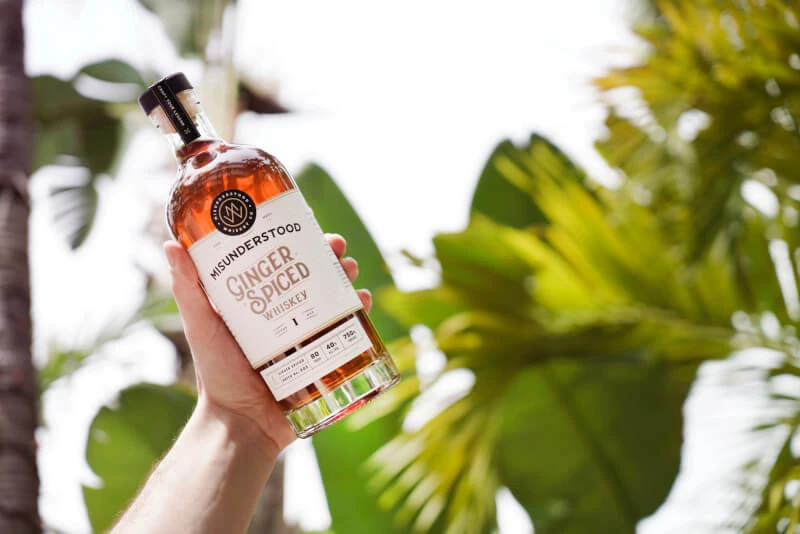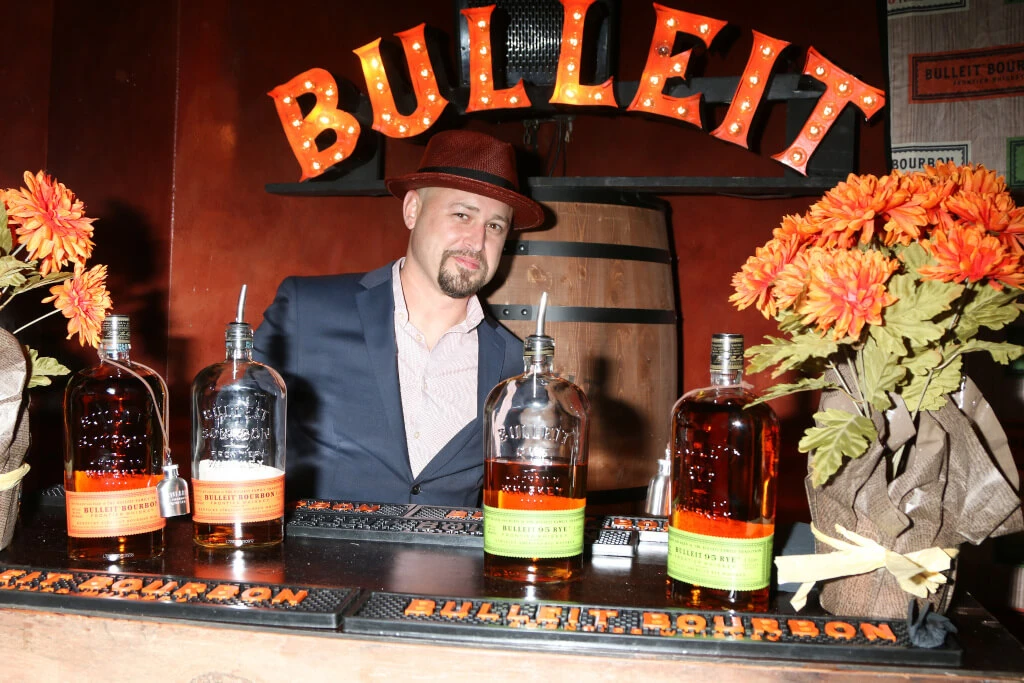The concept of independent bottling was born out of a desire to provide whisky enthusiasts with more options for trying out spirits from their favorite distilleries, typically with a special twist. These bottlers purchase casks from distilleries and then further age the liquid (often in multiple barrels) before bottling it under their brand. Before branded, industrial-scale whisky manufacture became commonplace, this was the standard method of doing business. It’s a departure from the norm, bringing a new take on old flavors and aromas to the whisky world.
The phrase “indie bottling” was coined to describe the practice of obtaining casks of spirits from distilleries and distributing them themselves. Eventually, a clear separation between mass-produced whisky and independently bottled whiskies emerged as distilleries began branding and bottling their whiskies. This nuance is fundamental to grasping the spirit of independent bottling.
The term “independent” carries with it connotations of independence, freedom, and originality in many cultures. When discussing the world of whisky bottling, it encapsulates a desire to present whisky in its purest form, free from the contamination of widespread commercialization. These bottlers can provide a wide variety of whiskies, each with its own story because they have chosen to remain independent rather than align themselves with a specific distillery or brand.
“Indie” was appropriated from other fields, most notably music, where “indie” musicians and labels function independently of the major record labels. Independent whisky bottlers, like their musical equivalents, place a premium on originality and innovation above mass manufacturing. They don’t pay attention to consumer preferences but instead, bottle what they find to be the best of the best.
The Importance of Independent Bottling Facilities
Specialized Products and Services
Unique products are essential to the success of independent bottlers. They don’t strive for batch-to-batch uniformity like factories do. Even though they come from the same distillery and are aged in the same sort of cask, each bottle may offer a unique experience.
Transparency and Authenticity
Whisky lovers value in-depth background information. Independent bottlers are more likely to reveal details about the whisky’s origin, cask type, maturation period, and any other processing steps.
Independent Bottling on All Continents
The Crafts Route of Europe
Independent bottling is held in high regard across Europe, notably in Scotland. Independent bottlers often work in partnership with distilleries in whisky-producing hotspots like Speyside and Islay, bringing to market otherwise inaccessible whiskies or those from distilleries that have since closed.
The USA
The craft spirits movement has led to an increase in independent bottlers in the United States, which is well-known for its bourbons and ryes. In the United States, independent bottlers are pushing the envelope by using unorthodox grains, cask finishes, and aging methods, with an emphasis on small-batch manufacturing and a love for innovation.
Independent Bottlers and Their Struggles
1. Saturation of the Market and Competitors
The market is becoming increasingly competitive as demand for craft spirits continues to rise. Independent bottlers need to set themselves apart by providing a truly distinctive product.
2. Regularity VS. Originality
While the charm of craft bottling is found in its one-of-a-kind bottles, it’s important to keep quality consistent. This equilibrium is like walking a tightrope at times.
3. Regulatory Obstacles
Regulations on alcoholic beverages might vary widely across the globe. This is a minefield that independent bottlers must traverse, and while regulations are meant to protect consumers, they sometimes get in the way of the genuine product they’re trying to produce.
- The Limits of Labelling: Whisky labels are subject to tight regulations in various countries. The Alcohol and Tobacco Tax and Trade Bureau (TTB) in the United States, for instance, has stringent regulations regarding age disclosure, country of origin claims, and alcohol content. Independent bottlers may feel constrained by these rules because of their commitment to openness. In 2015, independent bottler Compass Box caused a stir by publicly disclosing the precise whisky component ages used in each of their mixes. Although widely celebrated by fans, the action was ultimately retracted because it violated EU standards.
- Restrictions on Both Exports and Imports: When it comes to booze, different nations have different regulations on the subject. Independent bottlers, especially those working on a smaller scale, may find it difficult to decipher the international regulatory landscape. In the United States, for instance, there is a three-tier system in place where producers can only sell to wholesalers, who in turn can only sell to retailers. This might be a big problem for small bottlers who want to reach their niche market in the United States.
- Uncertainty Regarding Age Claim: Whisky enthusiasts place a premium on age, even though it is merely a number. Whisky labels in Europe must indicate the age of the youngest whisky in the mix. Independent bottlers who have skillfully blended older whiskies into the mix are often done a disservice when they are limited to listing the age of the youngest component on their bottles.
- War and Trade Restrictions: Independent bottlers have difficulties that are exacerbated by international politics. Scotch whisky was hit with a 25% duty as a result of recent trade tensions between the United States and Europe. This had a devastating effect on smaller companies, including many independent bottlers, whose products were suddenly no longer competitive in the US market.
- Maintaining Regulatory Compliance: Constant regulatory shifts reflect the dynamic nature of the whisky market. Maintaining compliance calls for constant vigilance and adjustments. The Scotch Whisky Association, for instance, has recently instituted stricter criteria for the types of barrels that can be used for maturation, which could affect independent bottlers who are now experimenting with nontraditional casks.
- Problems with Production: While there are no hard and fast rules, meeting the high demand for certain whisky casks, especially older ones, might be difficult. Due to rising demand and a stagnant supply, independent bottlers may have trouble acquiring the casks they want, especially from larger distilleries.
Indie Bottling’s Power Players

The Vintage Signatory
Signatory Vintage, one of the most recognizable brands, has been around since 1988. Several different types of whisky from various Scottish distilleries can be found in their extensive collection.
Cadenhead’s
Cadenhead’s is Scotland’s oldest independent bottler, having been in business since 1842. Their whiskies are in high demand because they often shed light on rare vintages.
Barrel Craft Spirits
American distillery Barrell Craft Spirits have become well-known for its bold experiments with flavor by combining whiskies from different states.
Talking to Small-Batch Bottlers
Attend tastings or events where independent bottlers present their collections if you’re interested in learning more about the world of indie bottling. Having close contact with them not only increases your understanding but also provides you insight into the care and effort that goes into making each bottle. The world of craft spirits, and especially independent bottling, is one in which history and innovation come together in a harmonious union.
Introducing Danielle, a distinguished whiskey connoisseur and celebrated writer, known for her remarkable contributions to various prestigious platforms. Her expertise shines brightly through her insightful articles featured on Sidewalk, Seph, Scouted, and San Angelo TX.

